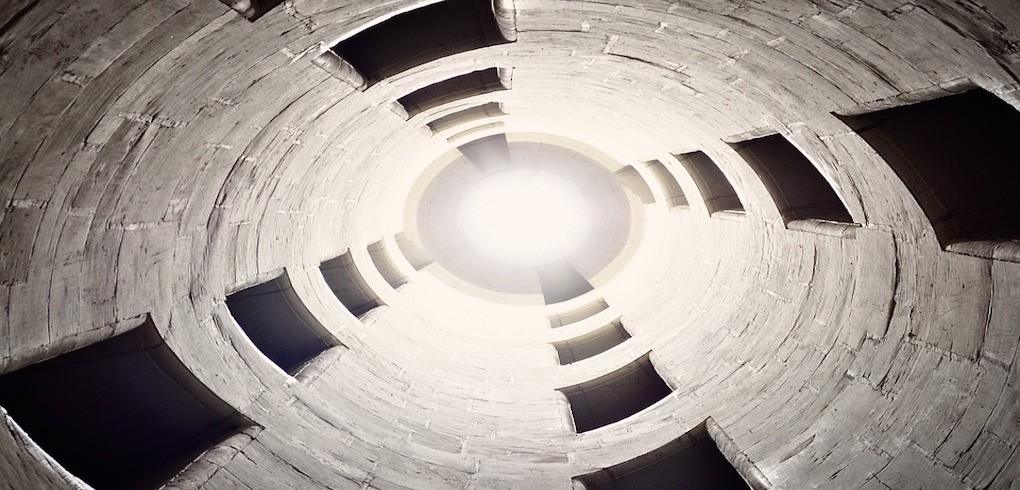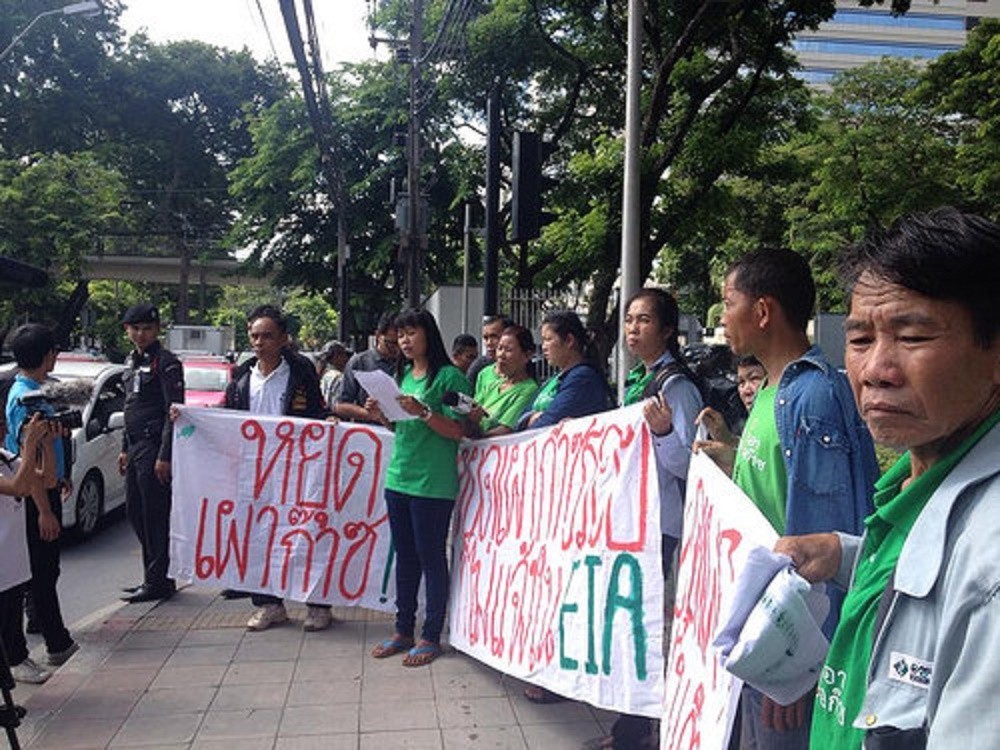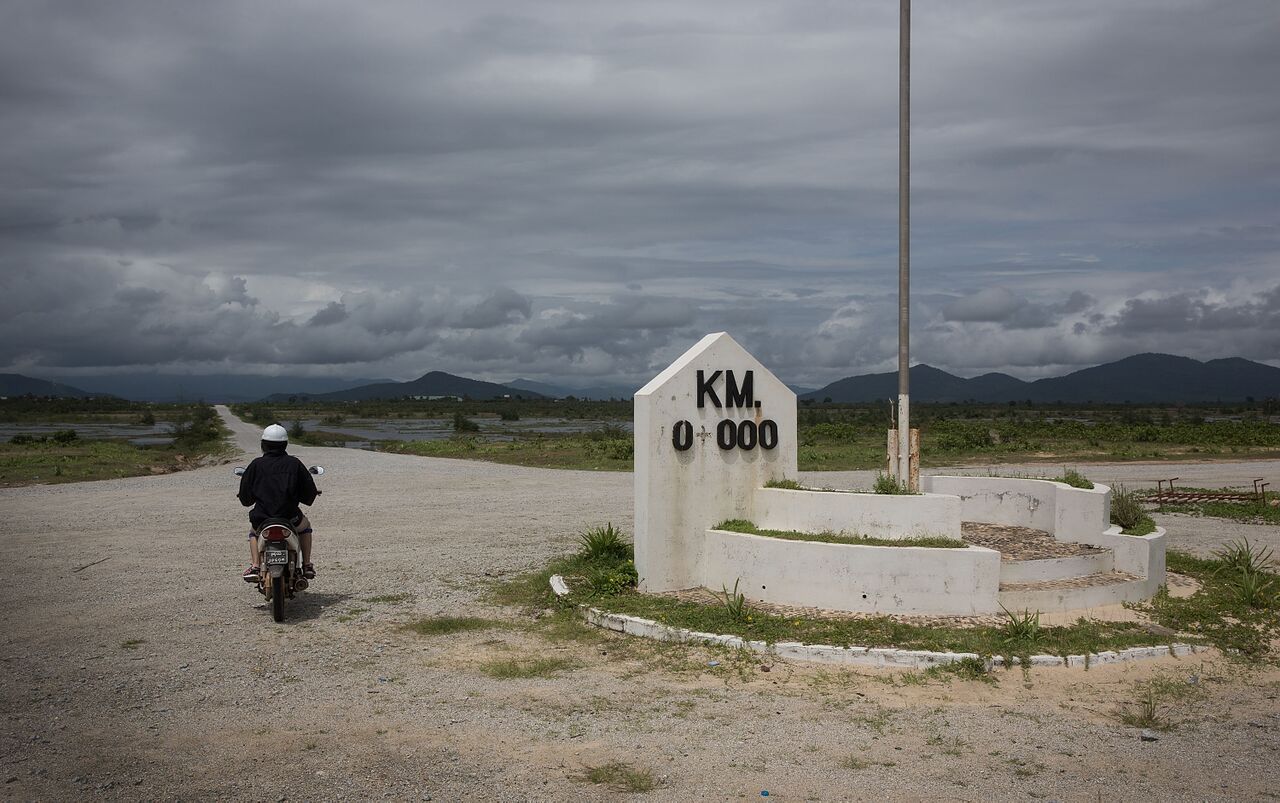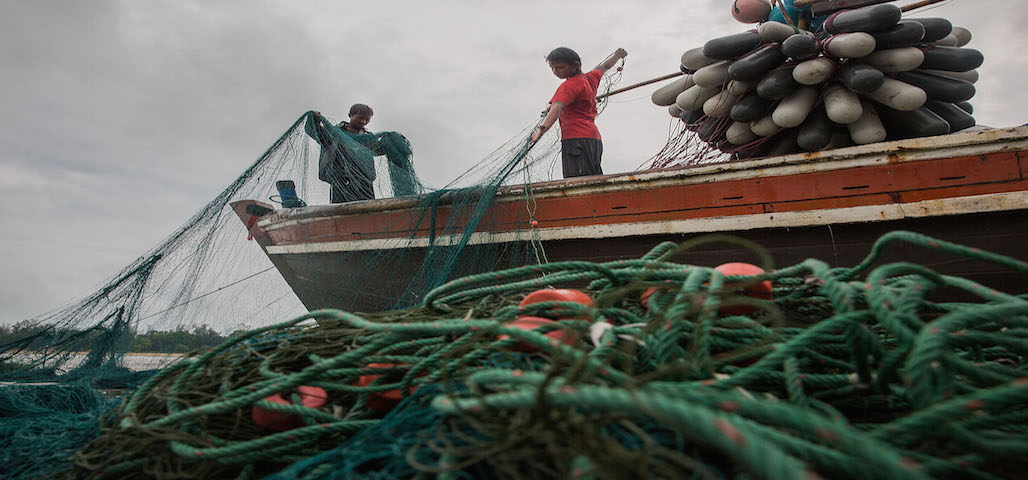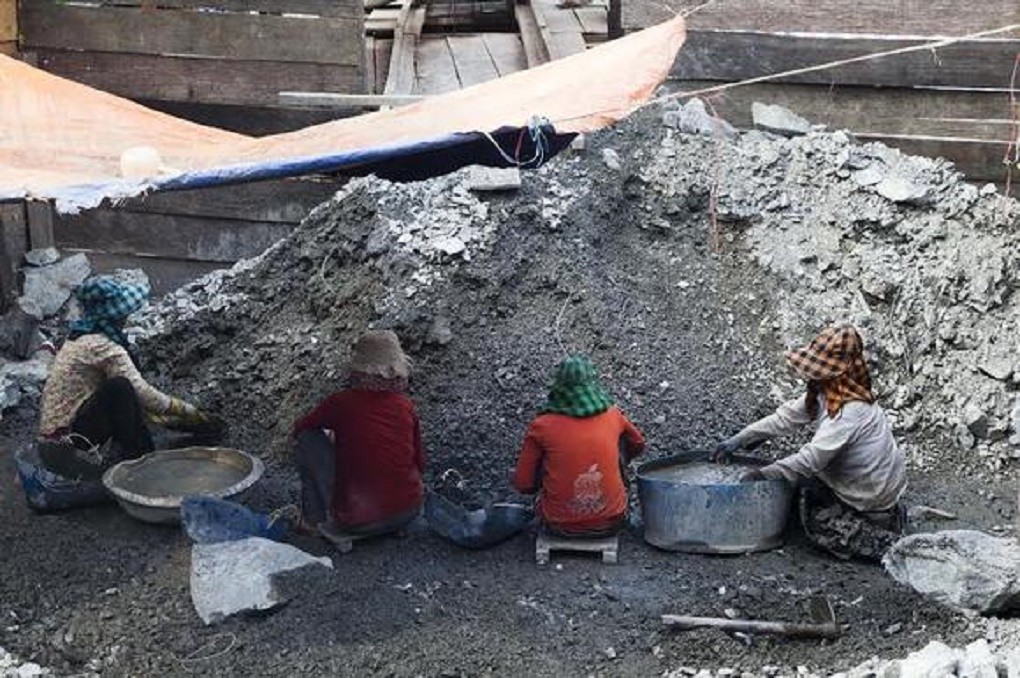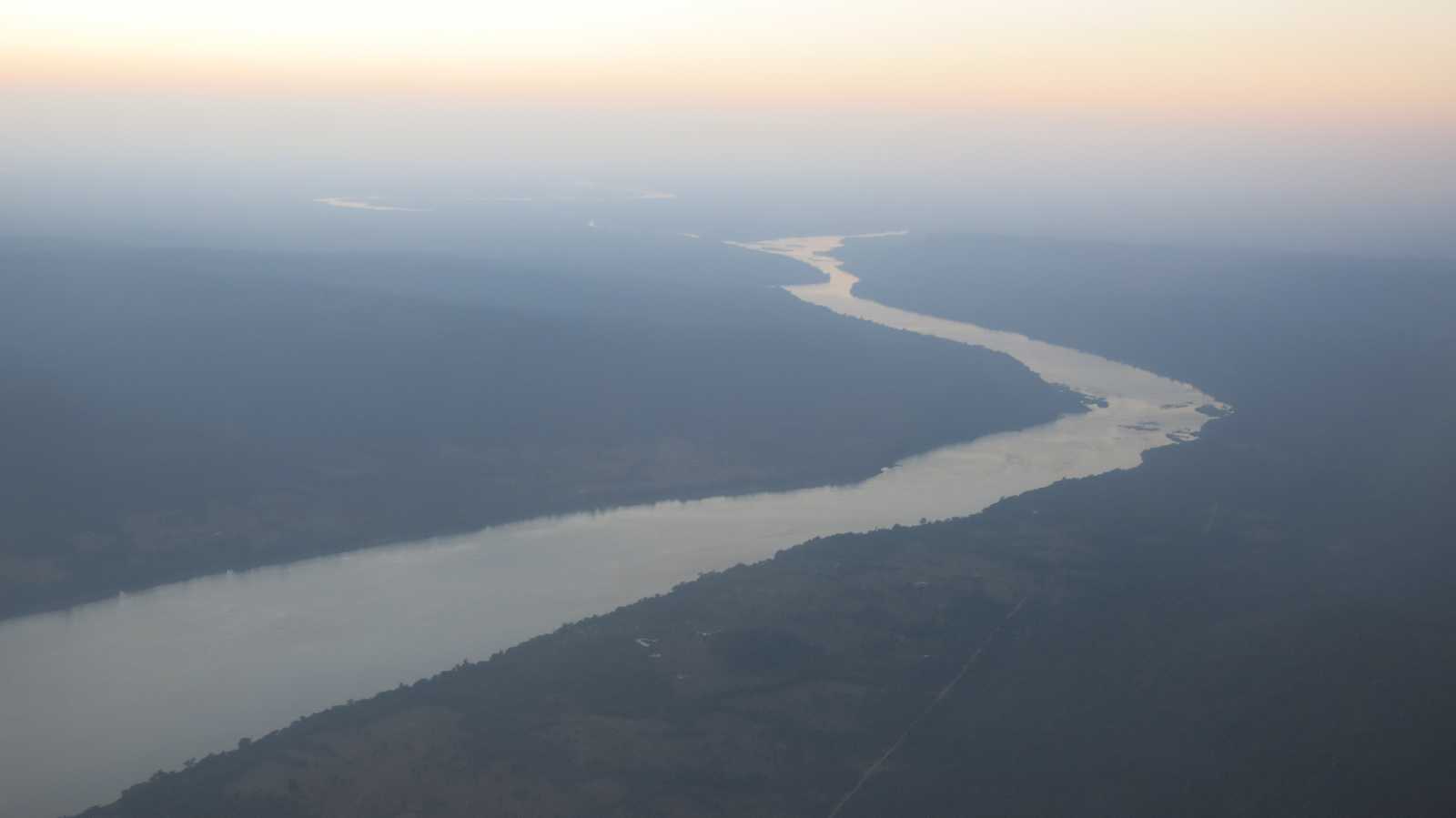The government of Cambodia has decided to cancel 7 carbon investment projects and reduced the investment duration of economic land concession (6 projects) down to 50 years after reviewing environmental assessment reports of Ministry of Environment. According to an announcement of Ministry of Environment on October 16, 2015, after reviewing the environmental assessment reports of Ministry of Environment on 14 investment projects, Royal Government of Cambodia has decided that 6 economic land concession projects covering 45468 h.a in Koh Kong, Kompot and Pursat provinces could continue their operation within only 50 years.
Tag: investment
Failure to engage local communities is costing investors big money, according to a new analysis
Conflicts between local communities in developing countries and governments and corporations seeking to exploit natural resources pose a serious threat to investors’ bottom lines, according to new research.
UK-based consultancy TMP Systems studied 262 agriculture, energy and mining sector disputes with local populations in developing countries and found that 67 percent of the time those conflicts had a materially significant impact on investors.
Land conflicts and human rights abuses in resource-rich developing countries from Southeast Asia to Latin America to Africa have become more and more common amidst growing demand for commodities like palm oil, soy and beef.
China poised to speed up nuclear power investment
The development of nuclear power in China is set to gain momentum in the next five years as the country prepares to inject hundreds of billions of yuan into building nuclear plants. More than 100 nuclear power plants will be put into operation by 2020, with a nationwide capacity tripling that of 2014 to reach 58 million kilowatts, the China Times reported, citing a draft for the 13th Five-Year Plan (2016-20).
According to the document, the government is expected to invest about 500 billion yuan (S$109 billion) to build six to eight new plants annually during the period.
Isan activists accuse Thai junta of siding with gas corporation
An environmental conservation group in Isan, Thailand’s Northeast, says that the Thai junta are siding with an oil and gas corporation to plunder resources and urges the US government to take action against the multinational petroleum company.
Na Mun-Dun Sat Conservation Group, an Isan environmental group, on Tuesday morning, 12 October 2015, rallied in front of the US Embassy in Bangkok and submitted a letter to embassy staff, urging the US government to hold Apico (Khorat) Limited, a US-based oil and gas exploration company, accountable.
Minister says Dawei SEZ ‘like renovating some parts of an old house in order to prevent it from collapsing’
The Dawei Special Economic Zone has been championed by both the Myanmar and Thai governments as a promising industrial development for Myanmar, yet there have been difficulties getting the project off the ground.
According to the agreement, the initial phase of the project must be carried out on the 7-square-kilometre land allotted for the special zone, and 65 percent of construction must be completed within three years from the signing date. In the meantime, Italian-Thai Development has been building infrastructure such as roads, bridges, water supplies and buildings.
As Dawei “initial phase” 65% complete, locals left in the dark
The Dawei Special Economic Zone (DSEZ) is a major industrial project and deep sea port now at an initial phase of construction located in Taninthayri Region, Myanmar. The original plan, led by the Thai construction company Ital-Thai since 2008, was for a US$ 50 billion project that entailed a 250 kilometer square industrial zone. However, by 2012 the project was in deep trouble as it failed to attract investment and was challenged by civil society groups concerned about impact on local livelihoods and the environment, as well as the overall decision-making process around the project.
Cambodian mining digs itself out of a hole
Cambodia’s long-dormant mining sector could finally be seeing some movement after years of aborted foreign-backed projects, as the government introduces wide-ranging reforms in an effort to turn around the country’s economic fortunes.
Crucial new mining legislation proposed by the government of Prime Minister Hun Sen is aimed at bringing the fledgling industry in line with international practices in order to attract investment and compete with other regional economies.
Proper safeguards needed for long-term AEC benefits
Asean countries need to integrate appropriate safeguards to ensure inclusiveness and sustainability in any benefits to be brought about by the Asean Economic Community (AEC), experts said recently.
At a Bangkok symposium on “Shared solutions: Safeguarding sustainable development in the Mekong region”, Venkatachalam Anbumozhi, senior energy economist at the Economic Research Institute for Asean and East Asia, said AEC will propel infrastructure investment in the Mekong region.
Imagining Dawei
There is a lone white concrete marker at Dawei’s Kilometre Zero, where storms come ashore from the Andaman Sea and where the long, unpaved road to Thailand begins.
There is little now auguring that the white marker will one day be at the centre of Dawei special economic zone (SEZ), a mammoth project more than one-quarter the size of Singapore. In its entirety it will cost billions of dollars to build, potentially creating hundreds of thousands of jobs and generating up to 5 percent of Myanmar’s GDP.
IFC to lead sustainable hydro in Myanmar
The International Finance Corporation (IFC) has signed to advise the government on environmental and social risk management for hydropower projects nationwide.


